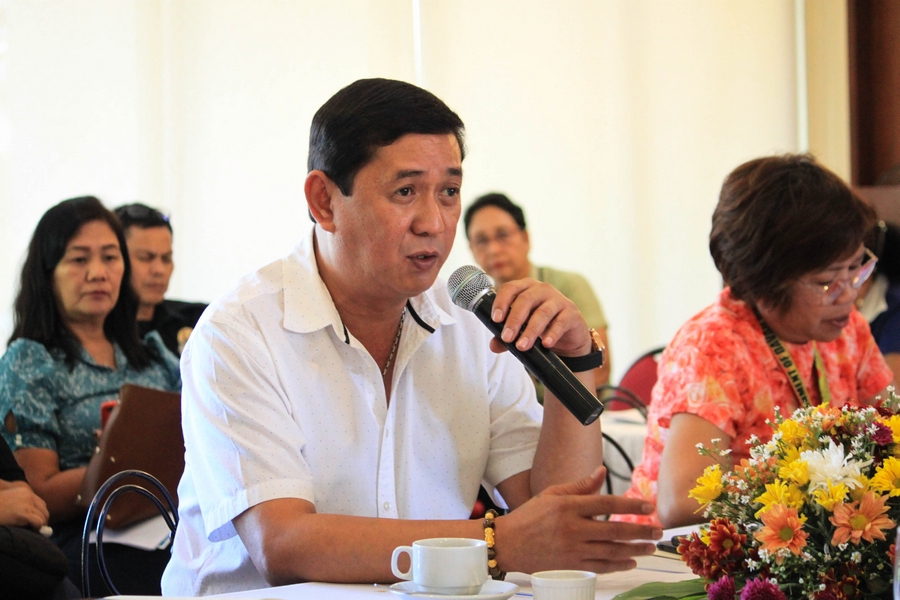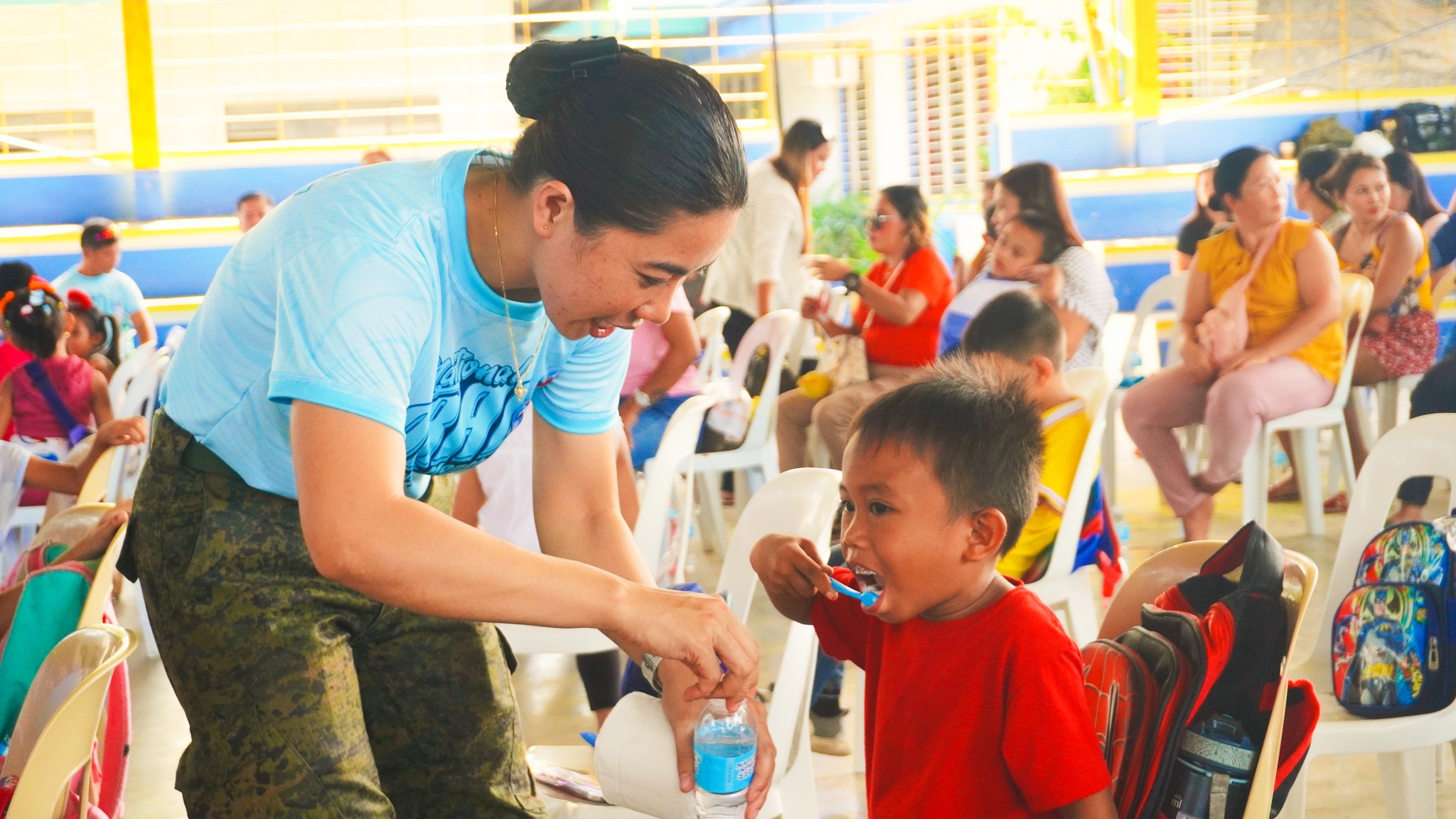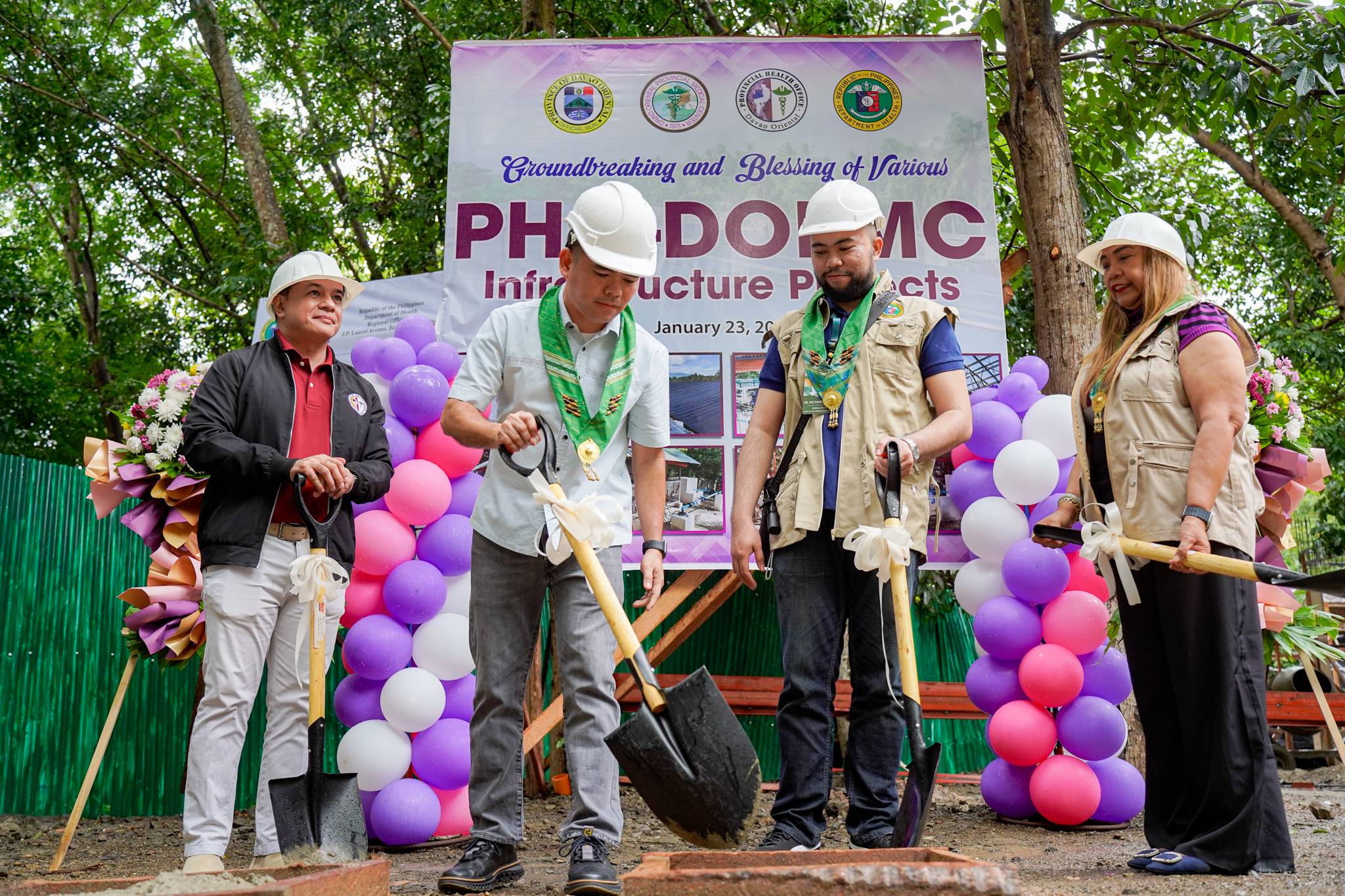DAVAO ORIENTAL— No lockdown will be implemented in the Province of Davao Oriental in connection to the State of Health Emergency raised by the President and the Department of Health’s hoisting of the Code Red Sublevel 2 due to the escalating local transmission in some parts of the country of the highly dreaded COVID-19.
This was made clear by the provincial government, dismissing claims of those who are spreading misinformation about a supposed “lockdown” in the province.
However, starting next week, the general public will anticipate stricter screening at the province’s entry points as agreed during the emergency meeting of the Provincial Health Board on Thursday.

Governor Nelson Dayanghirang, who chairs the Provincial Health Board, said that while Davao Oriental remains to be COVID 19-free, they will continue to implement stringent measures in order to prevent the spread of the highly contagious disease.
Based on the new set of policies and guidelines which was released a day after the Provincial Health Board’s meeting on Thursday, screening at the provincial entry points will be set up in the next few days to be manned by personnel from the Philippine Army and the Philippine National Police who will be fully-equipped with infrared thermometers and Personal Protective Equipment.

Provincial Action Officer for COVID-19 Dr. Reden Bersaldo explained that persons entering the province will be asked of their travel history and be properly screened for respiratory symptoms using the algorithms and guidelines prescribed by the DOH. He said that the personnel to man these checkpoints will also be properly oriented in the handling of suspected Persons Under Monitoring (PUM) and Persons Under Investigation (PUI).
In the event of the emergence of suspected cases, the province has already prepared a contingency plan – from the containment, referral, to monitoring of the suspected patients. Isolation areas have also been identified in case of the surge of patients. Furthermore, the province has also identified a contingency holding area in the event that referral hospitals and isolation rooms at the DOPMC could no longer accommodate patients. These are the provincial government-run Sangguniang Panlalawigan Dormitel and the Balay Silangan Reformation Center, both located in the City of Mati.

Meanwhile, the barangay local government units will be taking a huge role in the COVID-19 prevention and response as the Department of the Interior and Local Government (DILG) has directed them to come up with their own Barangay Health Emergency Response Teams (BHERTs) who are tasked to take charge in the community-based approach screening, containment, and isolation.
The barangays are also required to designate an action officer and those in-charge of surveillance and containment, and health promotion and education. Furthermore, they are required to monitor visitors coming from other countries or areas with COVID-19 cases and to set a holding area for PUIs while waiting for the transport to referral hospitals.

“We need to help each other in order to fight the spread of this disease,” said Governor Dayanghirang.
Currently, the province has already released four guidelines which have been released on Friday. Among the policies was the suspension of mass gatherings, including barangay assemblies, until the public emergency is lifted. However, activities providing vital services are exempted provided that these are done in open areas and that organizers follow strict screening protocols and social distancing, explained COVID-19 Provincial Action Officer Dr. Reden Bersaldo.
For the suspension of classes in all levels, the decision is left to the discretion of the mayors in their respective localities. Should there be suspension, students will have to continue to comply with their educational requirements.
Government offices are advised to adopt stricter policies to contain the spread of the disease by maintaining sanitation in their respective offices and lessening contact with clients without disrupting the delivery of basic services. The general public, on the other hand, is advised to postpone non-urgent government transactions. Private offices, entities, restaurants, and other establishments are encouraged to institute their own disinfection practices following DOH set guidelines on infection prevention and control.
(More updates to be posted soon)




